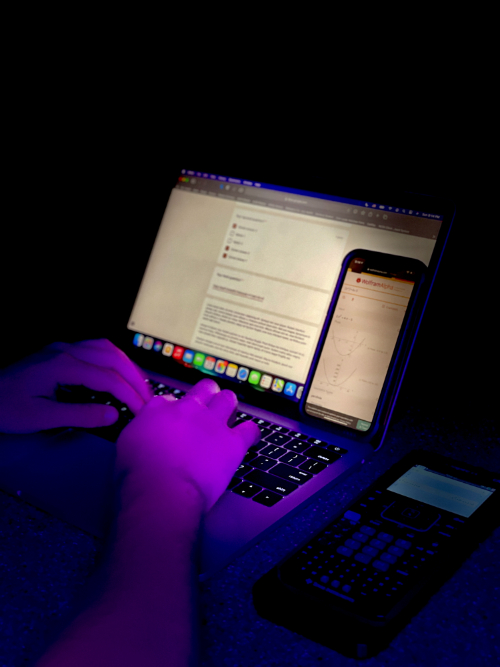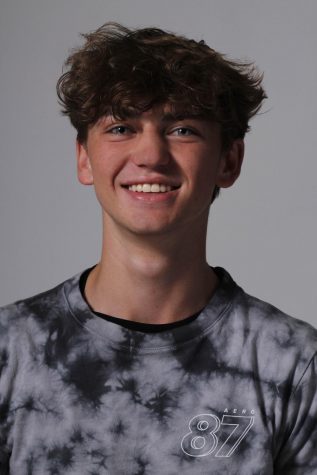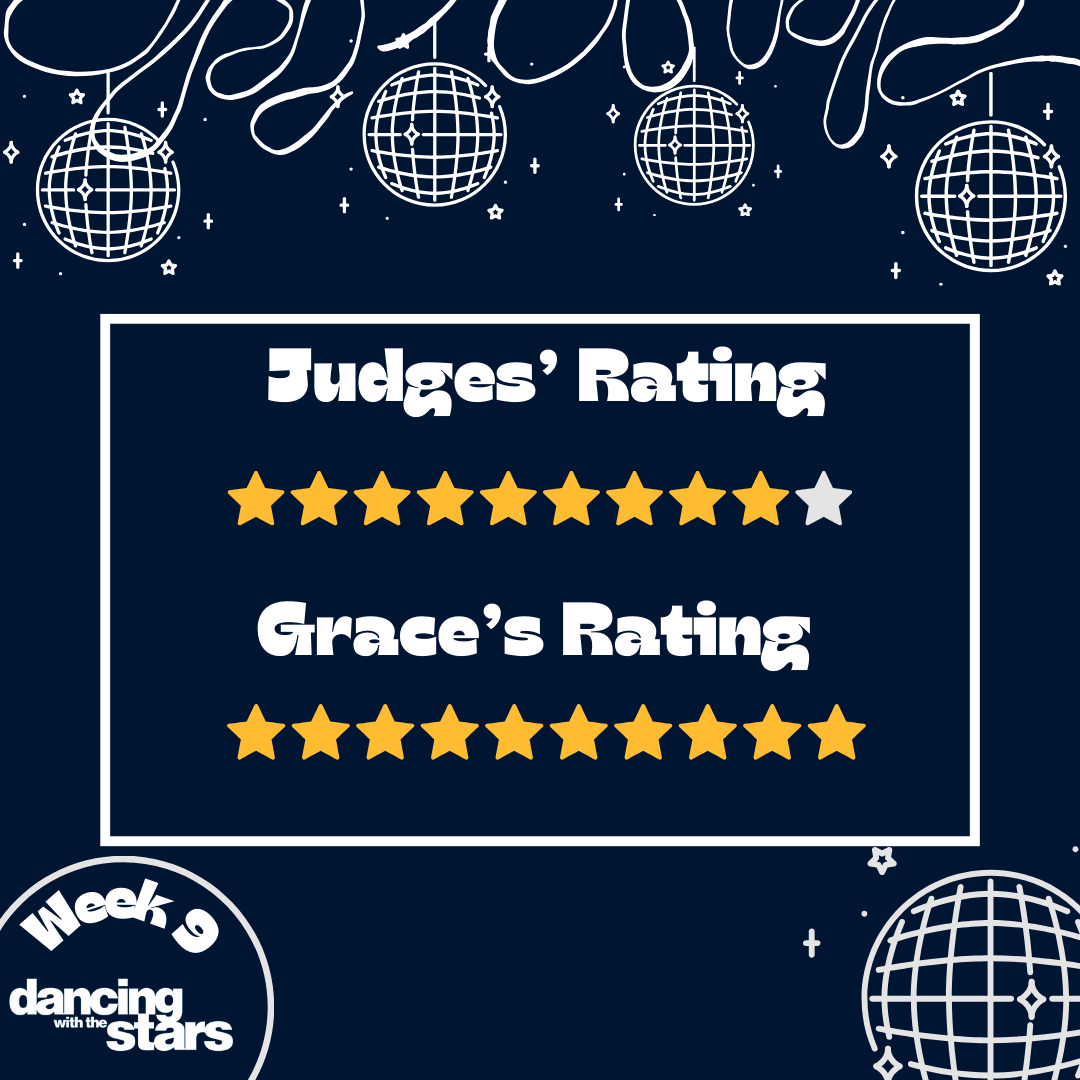The internet and cheating: nowadays these go hand in hand. A simple Google search gives the ability to answer practically any question or problem posed. With this effortless and ever-improving access students have to technology, it makes academic dishonesty a commonality, with just 10 percent of 130 students polled answering that they have never cheated in school. The workarounds are not just available to students; they are just as present in the working world. With today’s generation being the first to grow up with such widespread access to technology and the internet, the question can be asked of whether academic dishonesty is as problematic as it would have been for earlier generations.
World language classes are often one of the biggest platforms for cheating. Google Translate and similar applications give almost anyone the ability to communicate in a foreign language. With these tools, it seems language classes would become obsolete; however, Antioch Community High School German teacher Danielle Katz disagrees.
“Being able to connect with people on their level in their language and understand where they are coming from culturally is, I would argue, the most important thing about a world language,” Katz said. “More [important] than the language itself, is the culture.”
This personal factor associated with learning a language is something that cannot be as easily provided by translator programs.
“You cannot get that out of any sort of translation program,” Katz said. “So, I think those that really understand the value of personal cultural connections would argue that no, [technology] is not going to make world language classes [less important].”
According to the Educational Testing Service, math and science classes seem to also harbor a large deal of dishonesty. Math’s large basis in facts can make it easier to cheat. Since answers are usually easy to find, many may have the question of if or why cheating in math classes is detrimental.
Specifically in the case of students hoping to pursue a career that is not STEM-based, students may rely on cheating to get through the required science and math classes. ACHS math department chair Jill Farrell explains how academic dishonesty carries over to other areas of study.
“If you’re okay [with] cheating on something that you don’t think matters, that makes it easier to cheat on something else,” Farrell said. “At some point, [students] might think it’s not a big deal, but it might turn out to be a big deal, and then where does that leave you?”
This influx of technological advancements has prompted teachers to put more effort into how they combat dishonesty. However, these methodologies not only aid students, but educators as well.
“So, there’s software that’s going both ways,” Farrell said. “Is it helping kids cheat? Yes. Is it helping teachers catch kids that cheat? Yes.”
This idea that the problem with cheating is rooted deeper than a student’s lack of learning is one that was agreed upon by both Farrell and history and government teacher Aleksandra Jarosz.
“Me teaching you how to read a document and think critically and interpret it is going to benefit you as a student,” Jarosz said. “Educating [students] on key events of our recent past, like the Civil Rights Movement and such, is hopefully going to help them become more engaged citizens, as they are better equipped to learn and understand the world that we live in today.”
This increased civil education goes deeper than being a good student, but rather, as Jarosz pointed out, it leads good citizens and an educated society. Jarosz further explained that history classes give students critical thinking abilities, something that cannot be simply searched online.
Though cheating and academic dishonesty often are seen as an easy way out, looking deeper into what a course is teaching may be in the best interest of students. One could argue that the purpose of education is not the content taught, but the life skills associated. The abilities to personally communicate with others and to think critically cannot be Google searched, instead, teachers are the ones who can pass on these life lessons.










